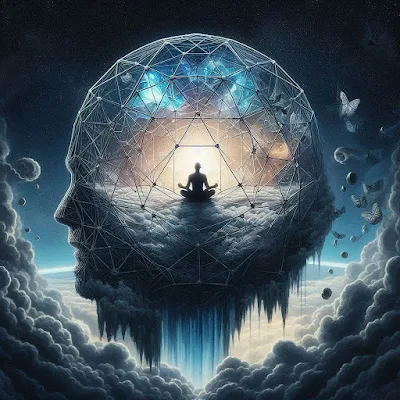Loss of Authenticity: Experiences are often curated or manipulated to sell a certain image or lifestyle, which can distort genuine human connections.
Exploitation of Labor: People may be treated as products rather than individuals, especially in gig economies or industries relying on low-wage labor.
Mental Health Impacts: The pressure to conform to consumer culture can lead to anxiety, depression, and feelings of inadequacy as individuals compare themselves to idealized versions of life presented through media.
Environmental Consequences: The relentless pursuit of consumption often disregards the environmental impact, prioritizing short-term gains over long-term sustainability.
Erosion of Community: As experiences become more transactional, the depth of community and social bonds may weaken, leading to isolation.
These trends raise important questions about what it means to be human in a world increasingly driven by consumerism. What aspects of this issue resonate most with you?
- #Commodification,
- #Human Experience,
- #Consumer Culture,
- #Authenticity,
- #Exploitation,
- #Mental Health,
- #Community,
- #Environmental Impact,
- #Social Isolation,
- #Identity,
.jpeg)

.jpeg)
.jpeg)
.jpeg)
.jpeg)
.jpeg)

.jpeg)
.jpeg)
.jpeg)
.jpeg)

.jpeg)
.jpeg)


.jpeg)

.jpeg)




.jpg)





.jpeg)
.jpeg)

.jpeg)

.jpeg)
.jpeg)
.jpeg)
.jpeg)
.jpeg)

.jpg)